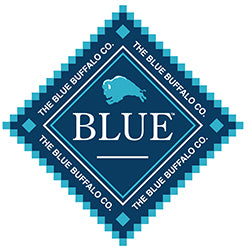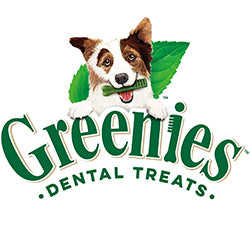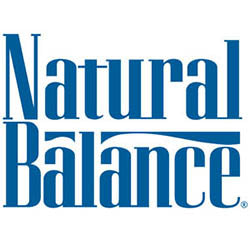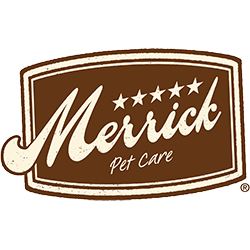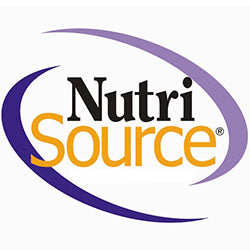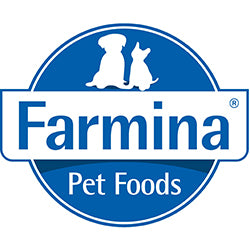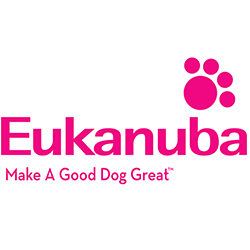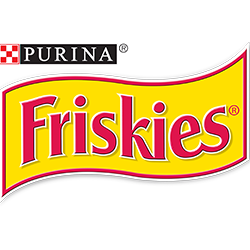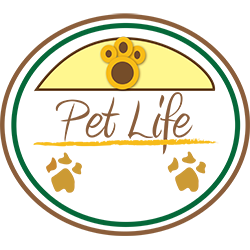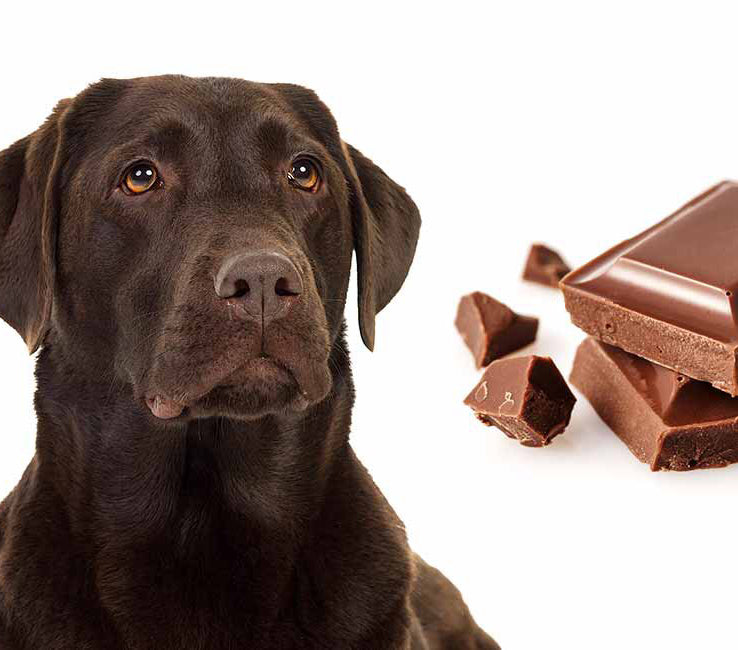
Why is Chocolate bad for dogs
Why is Chocolate bad for dogs
I'm sure that you have heard that chocolate is not good for dogs. In this article, we will explore why chocolate is not good for dogs, how much chocolate is dangerous, and things that are often put with chocolate that make it more dangerous.
Chocolate:
Within chocolate, there is a substance known as theobromine. This is the main thing in chocolate that is bad for dogs. Theobromine is just fine for people but not for dogs. Small amounts of theobromine is likely to result in your dog having an upset tummy. Larger amounts will result in irregular heartbeat, heart attack, internal bleeding, tremors, and/or seizures.
This is because the digestive system of a dog is not made to break down theobromine quickly enough. Because it is not broken down quickly it builds up in a dog's body causing toxicity.
If your dog eats 1 ounce of milk chocolate per pound of body weight that is enough to cause toxicity. So, a smaller dog will be effected with a smaller amount of chocolate then a bigger dog. If your 7-pound chihuahua eats a 7oz bag of chocolate chips, get to the vet!
You will find the highest concentrations of theobromine in baking cocoa, unsweetened chocolate, and dark chocolate. However, theobromine is in all chocolate milk chocolate and white chocolate too.
Caffeine:
Chocolate also contains caffeine which is a dangerous substance for dogs. Admittedly the 0.0004oz of caffeine in 1 tablespoon of cocoa powder isn't likely to do too much to your dog. But if you combine chocolate with coffee like in a mocha or chocolate-covered espresso bean, watch out!
Caffeine is a stimulating compound, that's why we humans like to drink it in the morning. However, dogs are very sensitive to stimulants and a little will go a long way. Consumption of caffeine will overwork your dog's system and can cause vomiting, diarrhea, irregular heartbeat, seizures, and possibly death.
Caffeine in any form is not good for dogs. Be sure to keep your pet safe from all caffeinated items including coffee, tea, coffee beans, tea leaves, coffee grounds, energy drinks, caffeinated sodas, energy shots, some medications, and even decaffeinated coffee.
Xylitol:
Be wary of sugar-free chocolates and other sugar-free items and even some non-sugar-free products. Many of these will contain a sweetener called xylitol. This sweetener is fine for us people, it's carb-free and calorie-free. However, it is not good for our dogs.
When a dog eats real sugar and carbs they are broken down by the body. This causes blood sugars to rise. When the body senses that blood sugars are rising it releases insulin. Insulin is a hormone that tells the body's cells to open up and store the excess sugar for later. When the sugar is safely within the cells then blood sugar can return to normal. This is a normal bodily process and it's a beautiful thing!
The problem with xylitol is that it has zero-carbs but a dog's body responds as if the sweetener does have carbs. So, when the insulin tells the cells to open up and take some of the excess sugar from the blood, there is no excess sugar to take. The cells take sugar from the blood anyway and this causes dangerously low blood sugar.
Low blood sugar can cause vomiting, loss of coordination, fatigue, seizures, liver failure, and, if left untreated, death. These symptoms can show up if your dog eats 50mg of xylitol per pound of your dog's body weight.
Raisinettes:
Raisinettes pose another health risk to your dog. Not only are they covered in chocolate they contain raisins. It only takes 0.05oz of raisins per pound of your dog's weight to cause kidney failure.
Scientists aren't really sure what it is in raisins and grape products that cause kidney failure in dogs. However, all grape products have the potential to do so. This includes wine, grape juice, grapes, raisins, and all other items containing grapes.
Conclusion:
Chocolate can be quite dangerous to dogs. It is a danger on its own but can be especially bad when combined with caffeine, xylitol, or raisins. If you suspect that your precious pup has eaten any of these items be sure to take your dog to the vet immediately or call ASPCA Animal Poison Control: (888) 426-4435.
- Choosing a selection results in a full page refresh.

